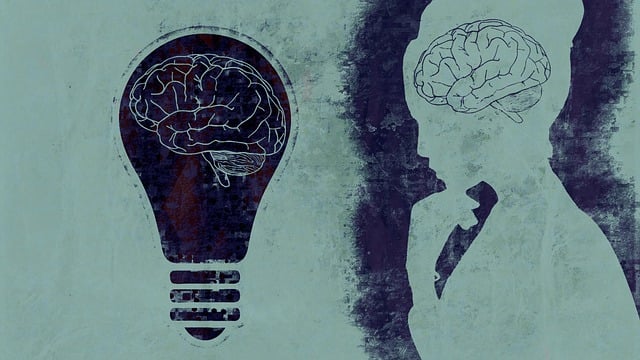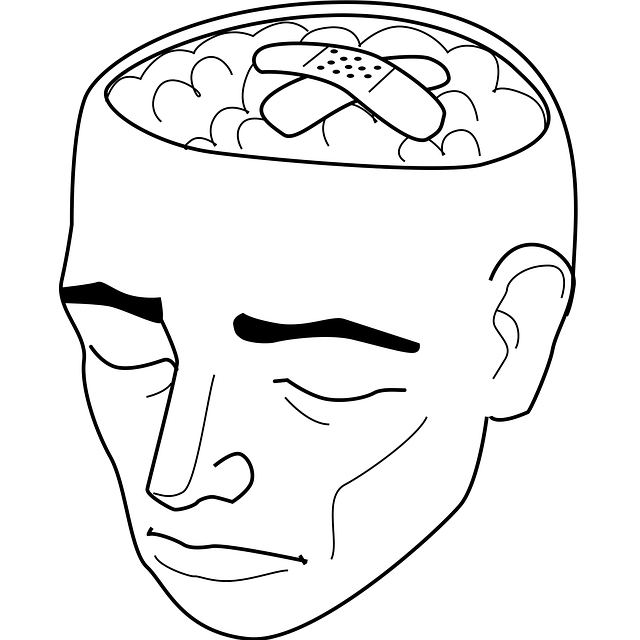In today's diverse healthcare landscape, Castle Rock Interpersonal Issues Therapy (CRIIT) offers a transformative approach to cultural competency training. CRIIT emphasizes understanding and respecting patient cultures, addressing interpersonal issues, and improving communication for better patient-provider relationships. By integrating stress reduction methods and interactive workshops with role-playing, this therapy empowers providers to navigate complex interactions effectively. Through case studies, group discussions, and public awareness campaigns, training fosters cultural humility and responsive care strategies. Measuring success involves pre/post assessments, participant feedback, and clinical observation to ensure improved knowledge, attitudes, and patient care outcomes.
Healthcare provider cultural competency training is an essential component of modern healthcare delivery, addressing the growing need for diverse and inclusive care. In today’s multicultural society, understanding and respecting different cultural backgrounds are vital for effective patient interaction and improved health outcomes. This article explores these key aspects through a lens of evidence-based practices, focusing on Castle Rock Interpersonal Issues Therapy as a successful model to enhance cultural sensitivity among healthcare professionals. We will delve into designing effective training programs, measuring success, and the overall impact on patient care.
- Understanding Cultural Competency in Healthcare: A Need for Change
- The Impact of Castle Rock Interpersonal Issues Therapy on Cultural Sensitivity
- Designing Effective Training Programs: Key Components and Strategies
- Measuring Success: Evaluating the Effectiveness of Cultural Competency Training
Understanding Cultural Competency in Healthcare: A Need for Change

In today’s diverse healthcare landscape, cultural competency is no longer an option but a necessity. It refers to the ability to understand and effectively interact with patients from various cultural backgrounds, recognizing and respecting their unique beliefs, values, and practices. This approach transcends basic communication skills; it involves a deep understanding of interpersonal issues that can impact health and healing. By integrating Castle Rock Interpersonal Issues Therapy principles into healthcare provider training, we can foster better patient-provider relationships.
Cultural competency is crucial for addressing the emotional and psychological needs of patients, especially those who have experienced trauma. Self-Awareness Exercises and Inner Strength Development techniques can help healthcare professionals navigate complex cultural terrains with empathy and skill. Moreover, Trauma Support Services become integral to comprehensive patient care when healthcare providers are trained to recognize and respond sensitively to cultural nuances that may influence a patient’s experience of trauma. This holistic approach not only enhances the quality of care but also empowers patients to share their stories openly, leading to more effective healing processes.
The Impact of Castle Rock Interpersonal Issues Therapy on Cultural Sensitivity

The Castle Rock Interpersonal Issues Therapy (CRIIT) is a transformative approach that significantly enhances cultural sensitivity among healthcare providers. By focusing on interpersonal dynamics and conflict resolution techniques, CRIIT equips practitioners with essential tools to navigate diverse patient populations effectively. This therapy promotes an understanding of cultural differences, biases, and microaggressions, fostering an environment where every patient feels heard, respected, and valued.
Incorporating CRIIT into healthcare training programs can lead to improved public awareness campaigns development and enhanced delivery of mental health services tailored to diverse communities. The reduced anxiety relief achieved through this therapy extends beyond the therapeutic setting, positively impacting community interactions and overall well-being. By addressing interpersonal issues, healthcare providers become better equipped to provide culturally competent care, ensuring equitable access to quality mental health services for all individuals.
Designing Effective Training Programs: Key Components and Strategies

Effective healthcare provider cultural competency training programs require a structured approach that addresses diverse needs. Key components include interactive workshops focused on identifying and overcoming interpersonal issues, such as those derived from Castle Rock Interpersonal Issues Therapy. These sessions should incorporate role-playing scenarios to enhance practical skills in navigating complex patient interactions. Additionally, integrating Stress Reduction Methods can empower providers to manage their own emotional well-being, thereby improving patient care.
Beyond individual development, training programs must foster cultural humility and awareness through case studies and group discussions. Encouraging open dialogue allows professionals to explore sensitive topics, dispel stereotypes, and develop strategies for delivering culturally responsive care. Public Awareness Campaigns Development can further enrich these initiatives by educating the broader community about the importance of cultural competency in healthcare, ultimately promoting Emotional Well-being Promotion Techniques that benefit both patients and providers alike.
Measuring Success: Evaluating the Effectiveness of Cultural Competency Training

Measuring the success and effectiveness of cultural competency training is a crucial step in ensuring that healthcare providers are equipped to address interpersonal issues with sensitivity and expertise, like those often encountered in Castle Rock Interpersonal Issues Therapy. Evaluating this type of training goes beyond simply knowing whether participants felt the session was valuable. It involves assessing changes in knowledge, attitudes, and ultimately, the quality of patient care.
Effective training programs should foster emotional intelligence and social skills training, enhancing cultural sensitivity in mental healthcare practice. This can be achieved through pre- and post-training assessments, feedback from participants, and observation of clinical interactions. By tracking improvements in these areas, we can gauge whether the training is making a tangible difference, empowering healthcare providers to better navigate diverse cultural contexts and deliver more personalized, effective care.
Healthcare provider cultural competency training, such as that influenced by Castle Rock Interpersonal Issues Therapy, plays a pivotal role in fostering inclusive and effective patient care. By equipping professionals with the skills to navigate diverse cultural contexts, these programs enhance clinical outcomes and promote equitable healthcare access. Through structured learning, practical strategies, and ongoing evaluation, healthcare organizations can ensure their staff are prepared to address interpersonal issues sensitively and competently, ultimately improving patient satisfaction and health outcomes.














